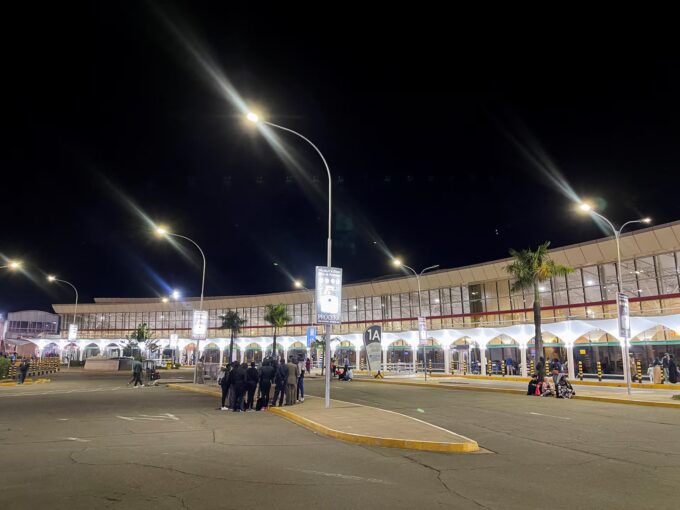Nairobi National Park in Kenya holds a rare distinction it is the only large wildlife conservation area situated within a national capital. A sanctuary of savannah, acacia woodland, and wetland habitats, it offers an extraordinary juxtaposition of wild animals roaming freely against the backdrop of Nairobi’s urban skyline. Yet, despite its uniqueness and ecological importance, the park is facing mounting pressure from urban sprawl and human-wildlife conflict.
The park is surrounded on three sides by dense human development, including highways, residential estates, and industrial zones. Its only unfenced section lies to the south, forming what is known as the “southern wildlife corridor.” This natural passage is vital for migratory species such as wildebeests, zebras, giraffes, and lions, as it links them to the vast Athi-Kapiti plains and beyond, ensuring access to grazing lands, water, and most importantly, genetic diversity through interbreeding with other populations.
However, this critical migratory route is also home to a small Maasai pastoralist community, who have traditionally coexisted with wildlife but are increasingly caught in a dilemma. As expanding urbanization and climate variability intensify, so does the tension between conservation and survival. Predators, particularly lions, leopards, and hyenas, frequently venture into the community’s grazing lands, attacking livestock and causing economic losses to the herders.
For the Maasai families, livestock is not just a source of income, it is central to their cultural identity, wealth, and food security. As predator attacks increase, some herders resort to lethal retaliation, posing a serious threat to the survival of iconic species that draw thousands of tourists annually and contribute significantly to Kenya’s economy.
Conservationists have long warned that fencing the southern corridor or losing it to development would sever the ecological lifeline of Nairobi National Park, essentially turning it into an island ecosystem. This would result in inbreeding, population declines, and the eventual collapse of predator-prey dynamics.
Efforts are underway to promote community-based conservation models that include predator-proof bomas (livestock enclosures), compensation schemes for livestock losses, and employment opportunities for local youth in eco-tourism and park management. NGOs and government wildlife agencies are also working to demarcate and protect migratory paths through land-use planning and policy reform.
Still, time is running out. Without swift and collaborative action, the delicate balance that has allowed people and wildlife to coexist in one of the world’s most unique conservation landscapes could be permanently disrupted. The future of Nairobi National Park now depends not just on wildlife protection, but on securing harmony between development, tradition, and nature.













Leave a comment